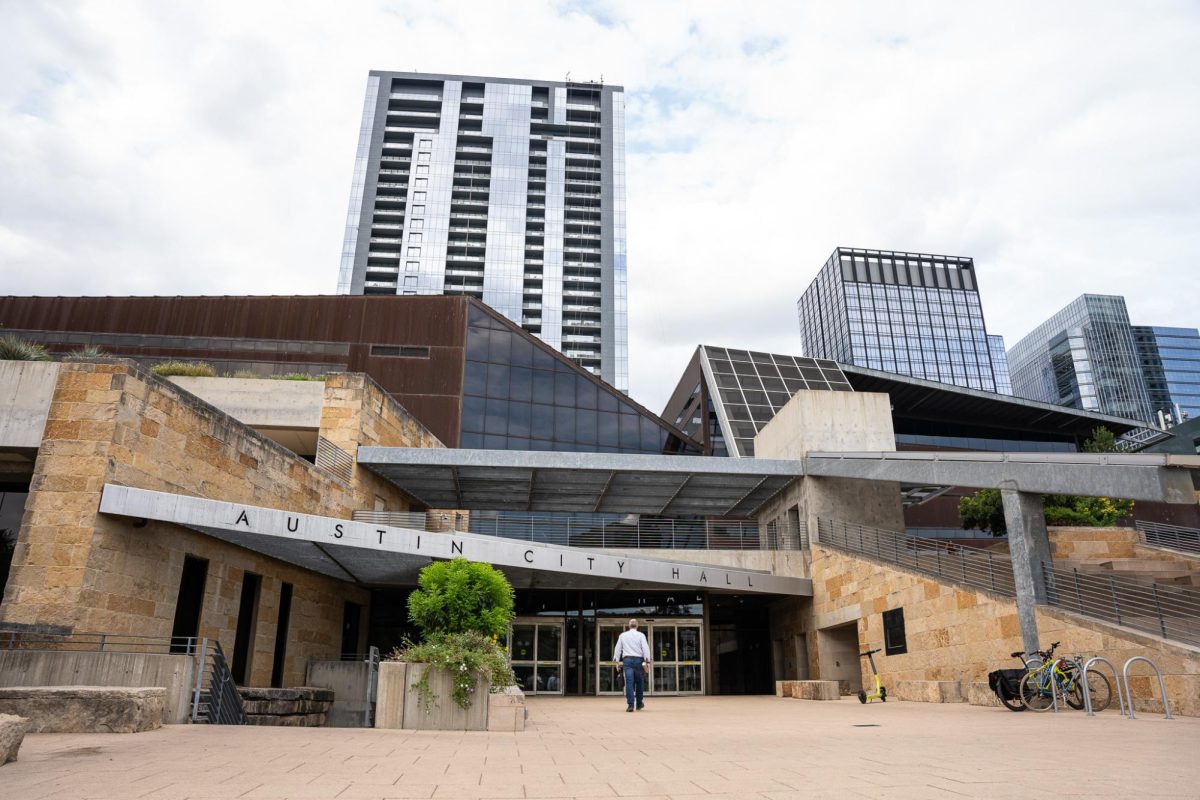Three local nonprofits will have the opportunity to improve their organizations and increase community outreach through funded research because of grants from a UT Humanities Institute program.
The Community Sabbatical Research Leave Program awards $5,000 each to three nonprofit organization members in Central Texas every year, giving each recipient a month to research potential solutions for organizational obstacles, according to institute director Pauline Strong.
On Monday, the institute awarded the grants to the Literacy Coalition of Central Texas, which works to increase literacy in schools across Central Texas, Texas Folklife, which seeks to preserve traditional Texas culture, and the Telling Project, which tries to help veterans tell their stories through community performances.
One representative from each organization will work with a UT professor to complete the research. The grant program began 10 years ago after nonprofit representatives met with UT officials to explain ways the University could help such organizations succeed, Strong said.
“Nonprofits tend to be understaffed and underfunded,” Strong said. “Nonprofits provide their time and expertise to help educate our students [through internships], so we asked what we could do in return, and they said … they really felt that time and research collaboration would really be helpful.”
Max Rayneard, senior writer and producer for The Telling Project, said he will use the money from the grant to raise awareness of the work his organization does.
“I hope to be able to get conversations started about the kind of projects that we’re undertaking and the benefits thereof and ways in which we can improve,” Rayneard said.
Sylvia Gale, associate director of the Bonner Center for Civil Engagement at the University of Richmond, said her work at the UT sabbatical program has led her to create a similar program at her university.
“We are crafting the program … around creating space and infrastructure for the visiting local leaders to engage in reflective dialogue,” Gale said in an email.
The UT program, which is working to expand its influence, has helped nonprofits in the fields of health, housing, immigrant services, sexual violence, legal aid and the arts, Strong said.
“Each year, we are able to broaden the range of nonprofits that we serve,” Strong said. “What I’d like to be able to do to is extend the program … to grow our budget so that we can serve even more organizations.”




















